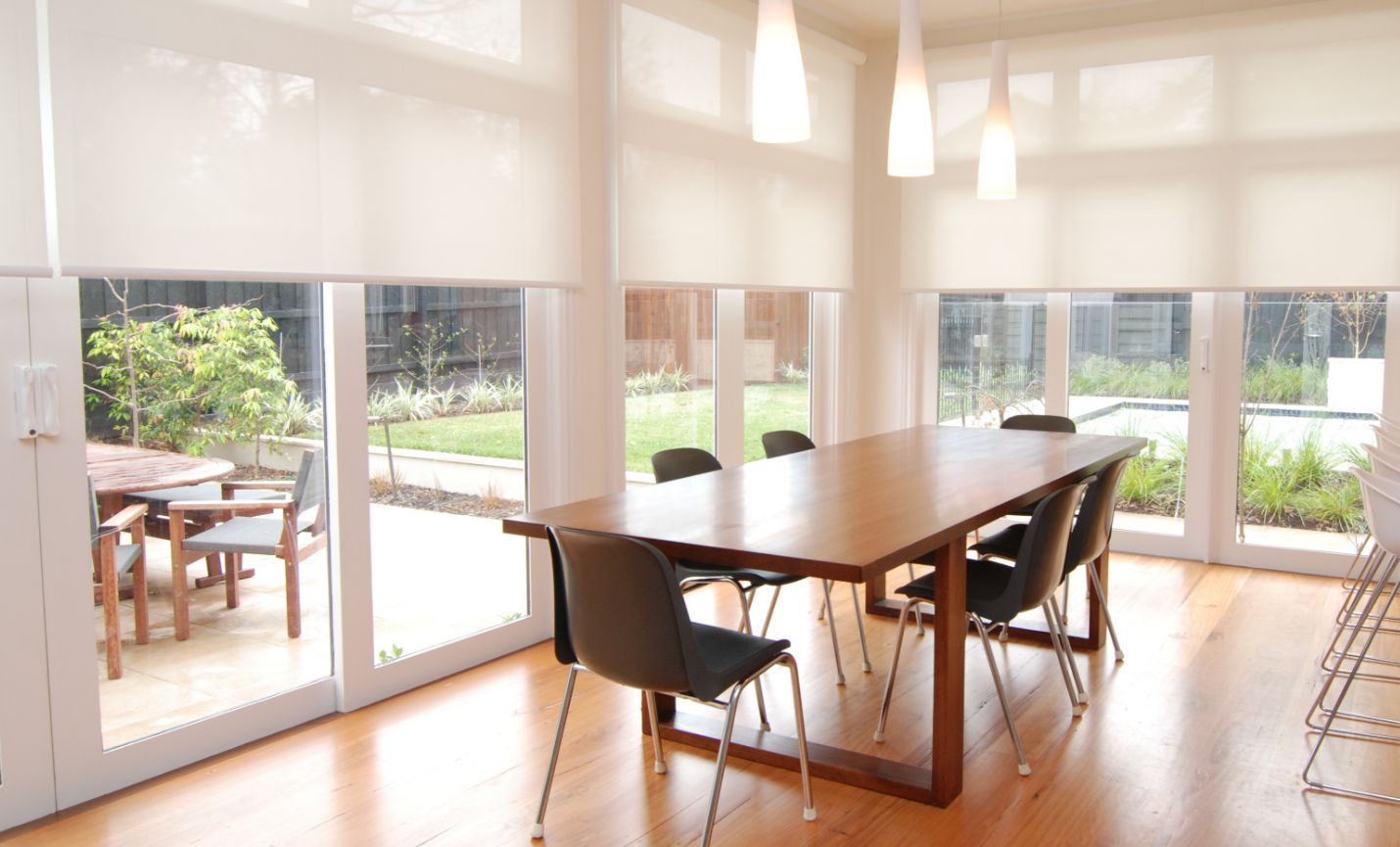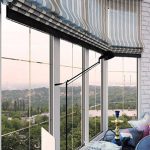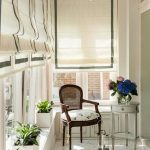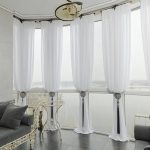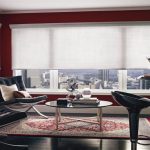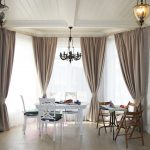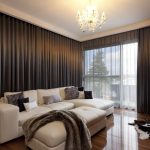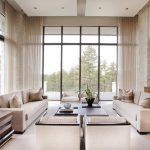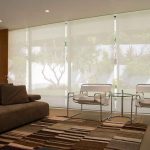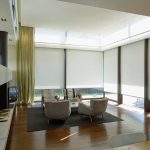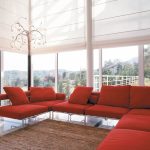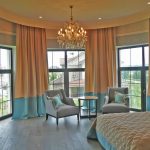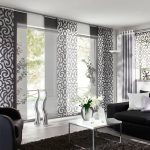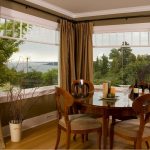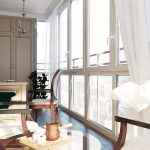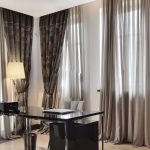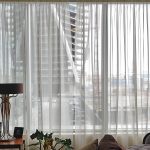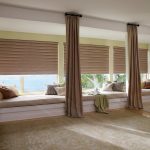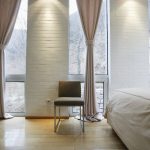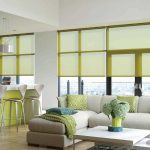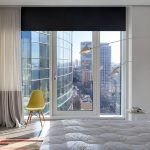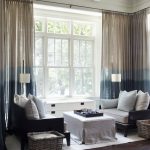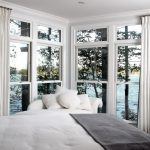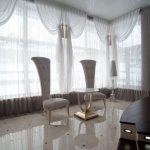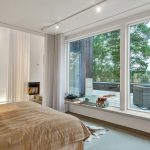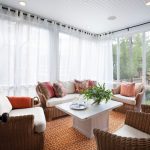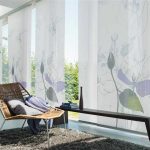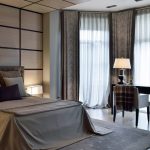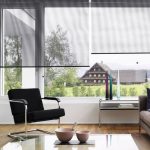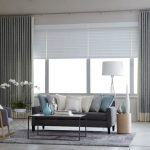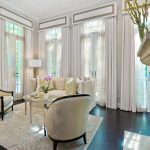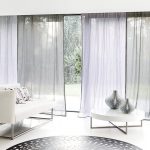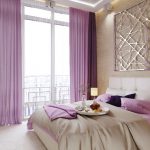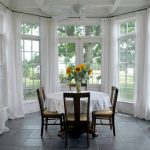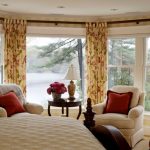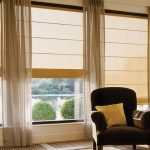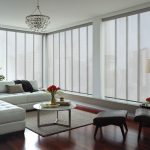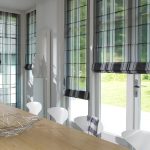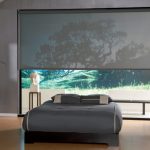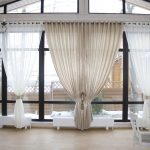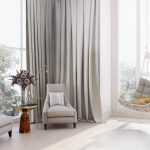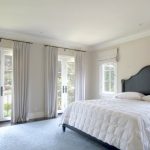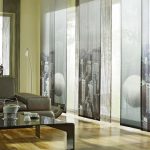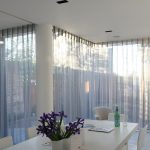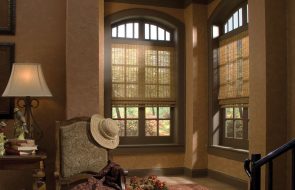The design of panoramic windows will become the highlight of the interior if done correctly. By following a number of rules and showing a little imagination, you can design a room not only creatively, but also as functionally as possible.
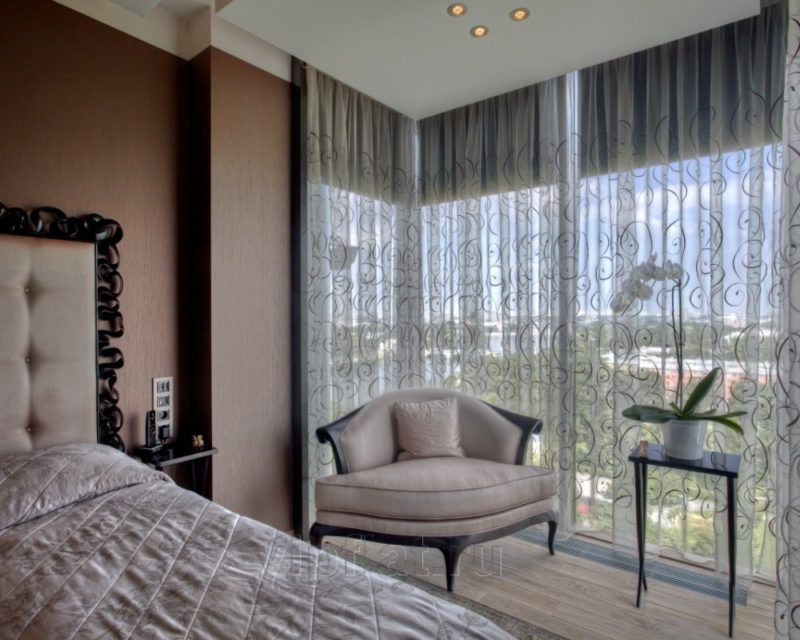
Content
Design options for panoramic windows
Thanks to impressive window openings, more light enters the room. Therefore, there is often a desire to leave the windows as they are, without any additional decoration. After all, it seems that the view outside the window becomes part of the interior and additional curtains or curtains for panoramic windows will be redundant. This is an absolutely losing solution. Because large windows without curtains look "naked", empty and uninteresting.
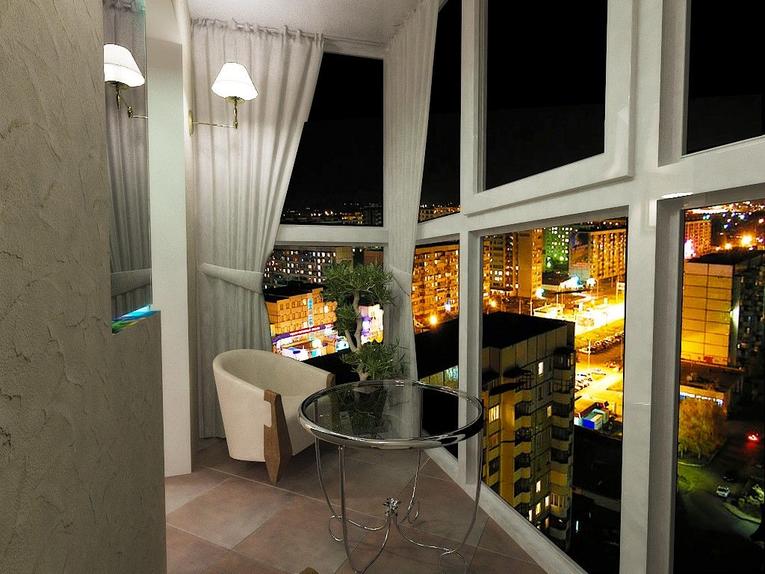
However, it is also wrong to design a "French balcony" as ordinary windows. What should be taken into account and what options should be chosen?
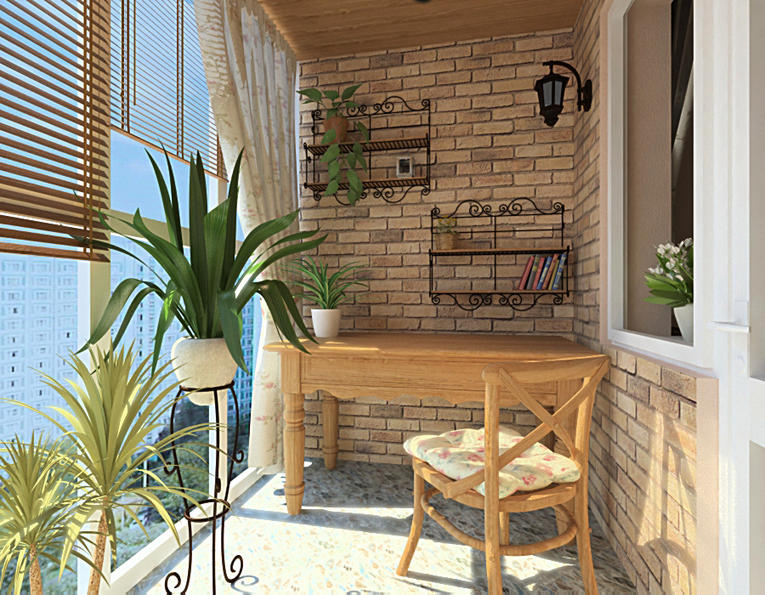
- The design of the curtains is chosen to be as functional as possible, so that the window opening can be easily opened and closed if desired. Remember, large windows are designed to admire the view from the window.
- We choose a fabric that allows light to pass through well.
- The fabric should be easy to wash, dry quickly, and be resistant to ultraviolet rays.
- We give preference to simple, but at the same time effective designs that will emphasize the uniqueness of your interior. The massiveness of the window opening can oppress with its size, so when choosing a curtain model, give preference to the one that will balance the impressive size of the window and the area of the room.
- A small pattern is lost in combination with a large window opening. It is better to choose either plain canvases or a large pattern.
- Do not overload the design with additional decorative elements: lace, tassels, fittings. There are curtains like these on the panoramic windows all this looks out of place.
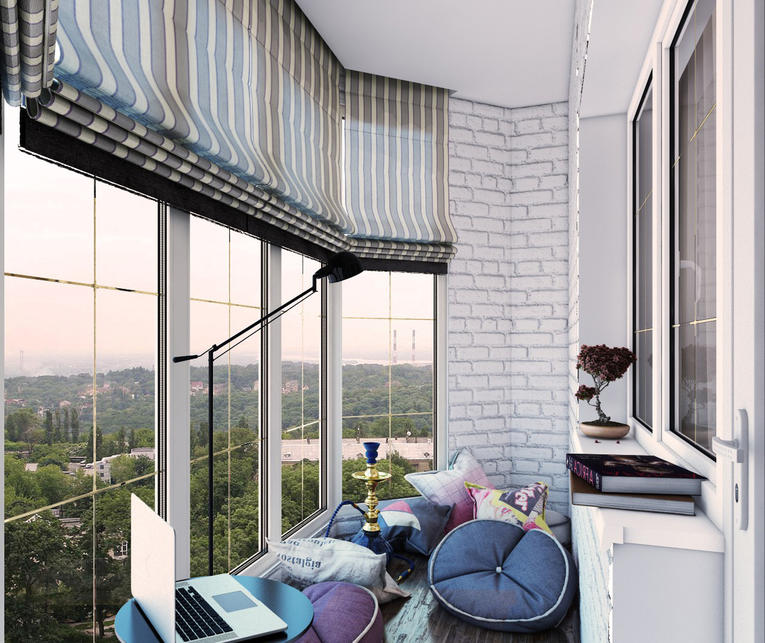
Classic curtains
If there is no need to "hide" behind curtains in rooms with panoramic windows, you can limit yourself to vertical panels on the sides, and assign the main decorative function to the lambrequin. The ideal solution would be the most laconic design, without excessive layering and decorative details.
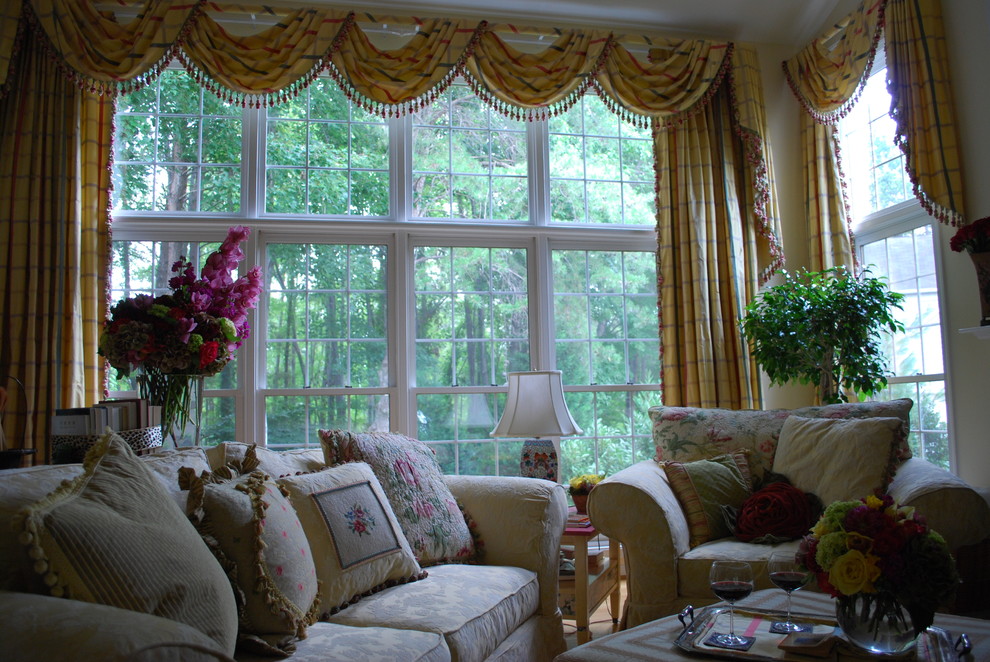
Particular attention should be paid to the fastening of the curtains. Of course, the height allows you to place the curtains on a regular cornice, especially if there is enough space between the ceiling and the upper edge of the window. But a special effect of the absence of borders can be achieved by a structure built into the ceiling. Then it seems that the curtains are falling from somewhere above.
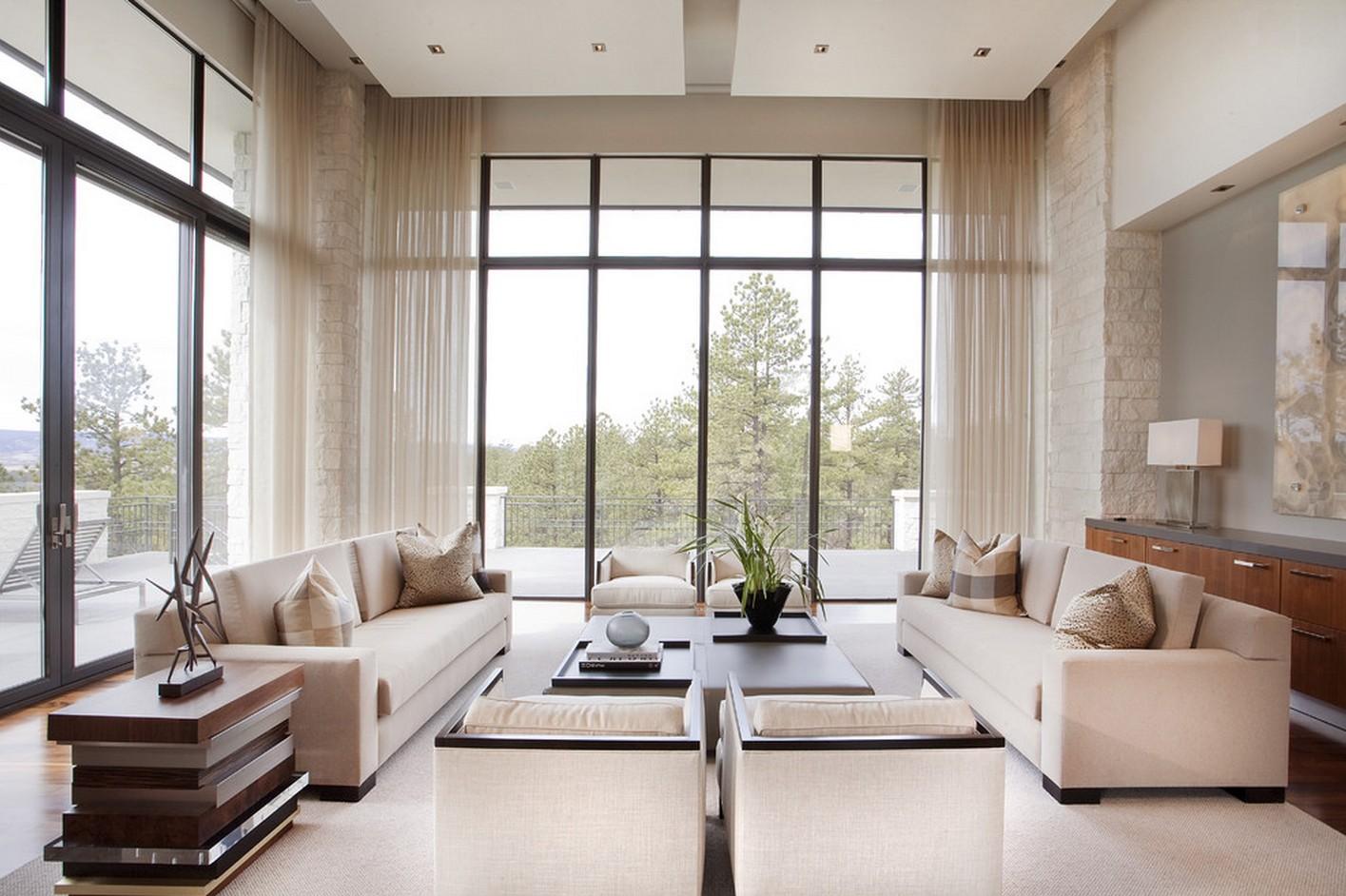
The choice of design concept depends on:
- the degree of illumination of the room;
- the chosen interior design style;
- the purpose of the room.
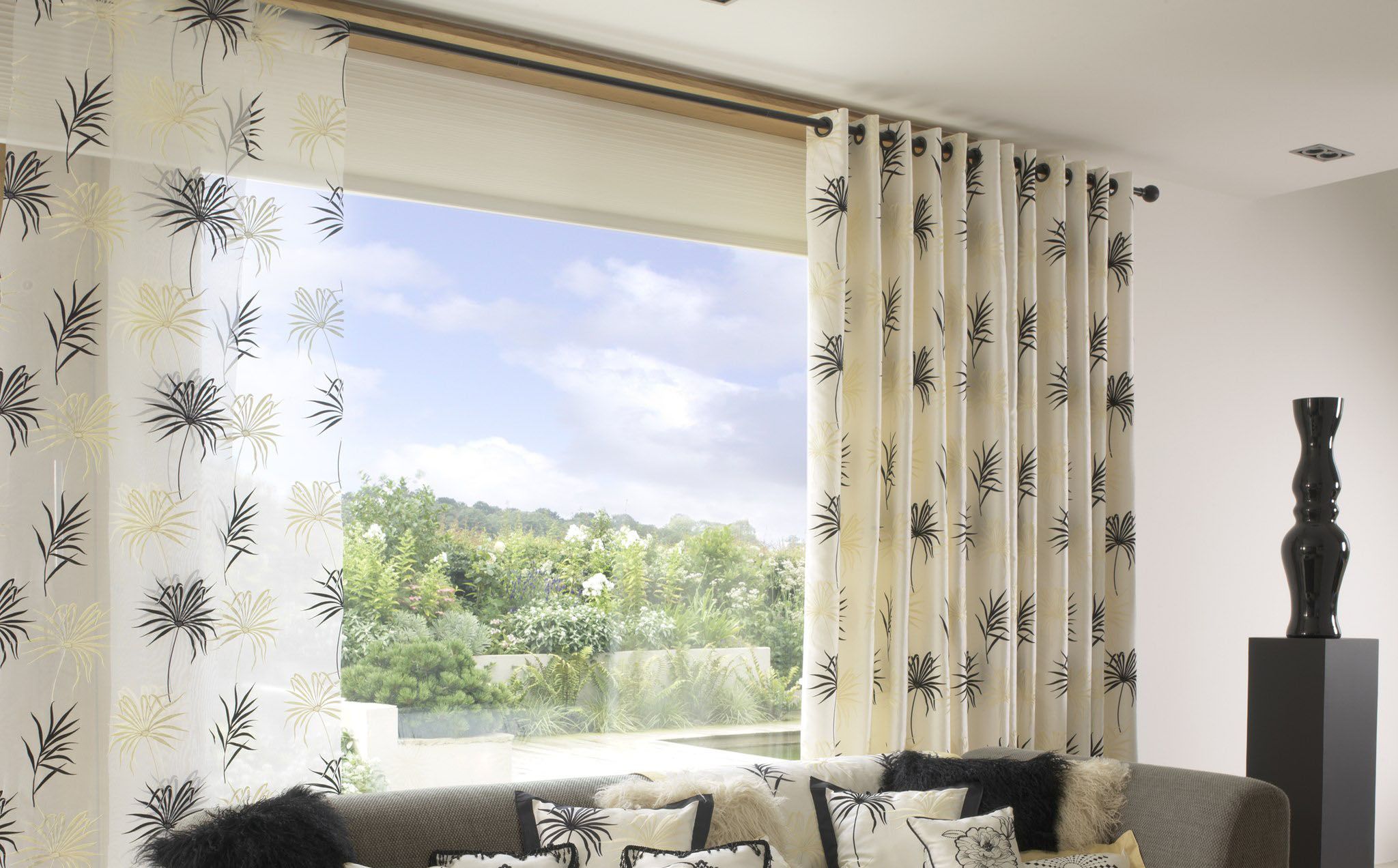
Often, to decorate panoramic windows in a classic style, two layers of curtains are used, instead of the usual combination of curtains and tulle. This solution allows you to hide from prying eyes and make the flow of light into the room more moderate, without weighing down the space.
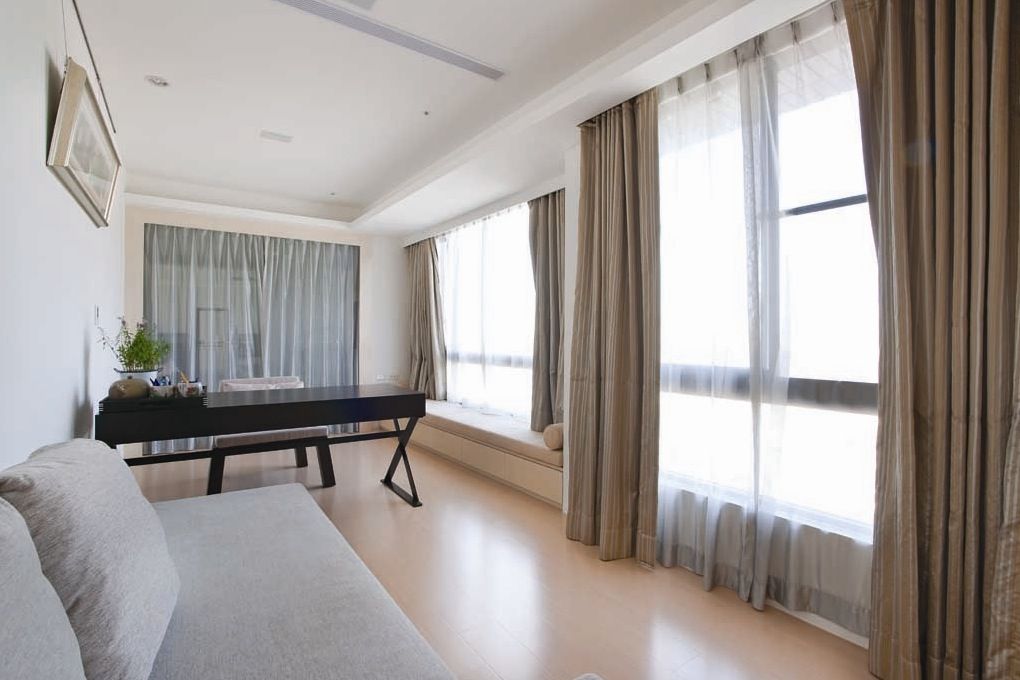
Roman blinds
Roman blinds are becoming an increasingly popular option for decorating a French window. The variety of color solutions and the functionality of the design are attractive. If the canvases are lifted, elegant folds are formed, and when straightened, they reach the floor and reliably protect from unnecessary views and sunlight.
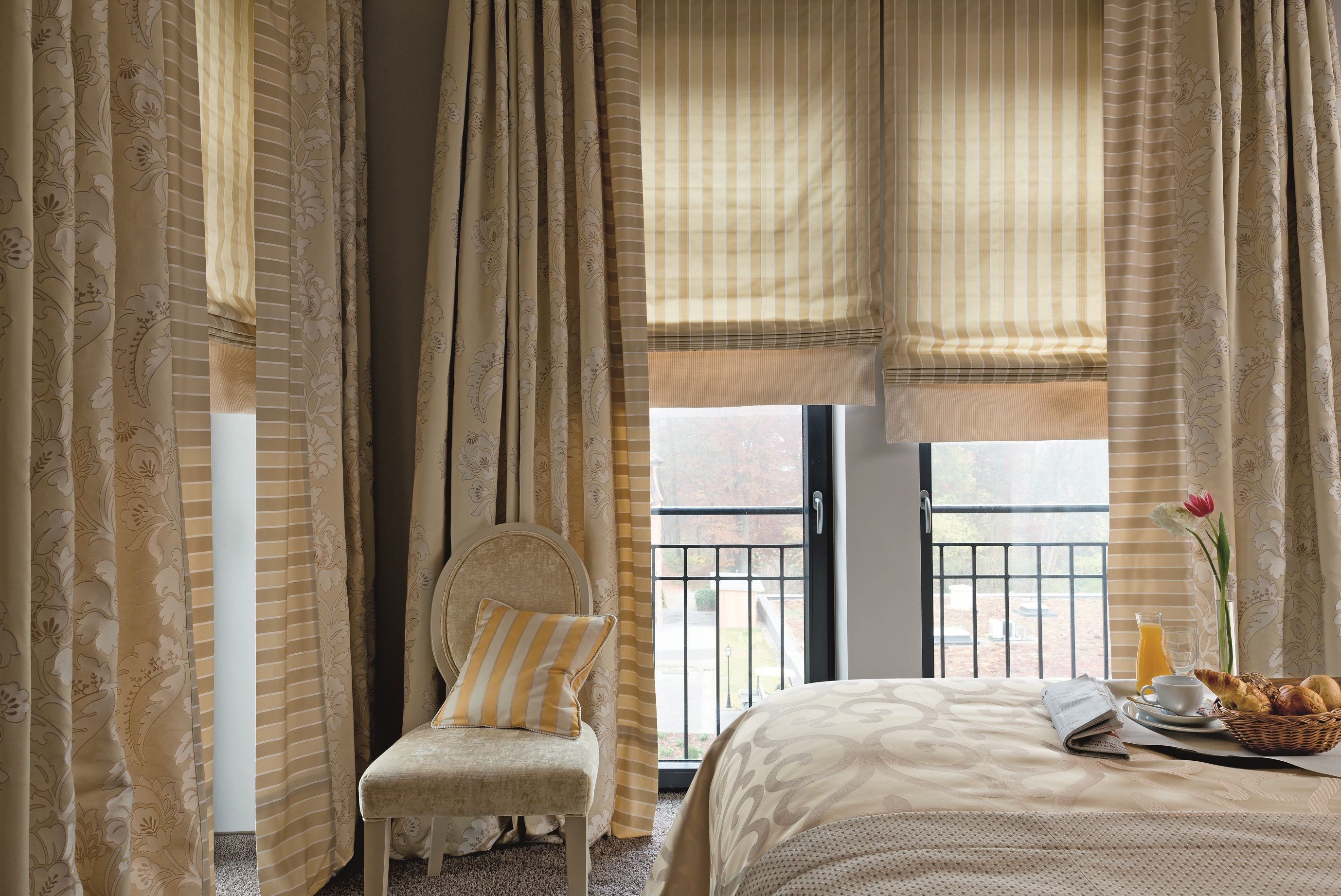
The fastening is selected depending on the features of the room and the preferences of the owners. Roman blinds can be attached to the ceiling, to the wall or directly to the window opening. The design of such curtains allows you to create spectacular combinations of colors and textures.
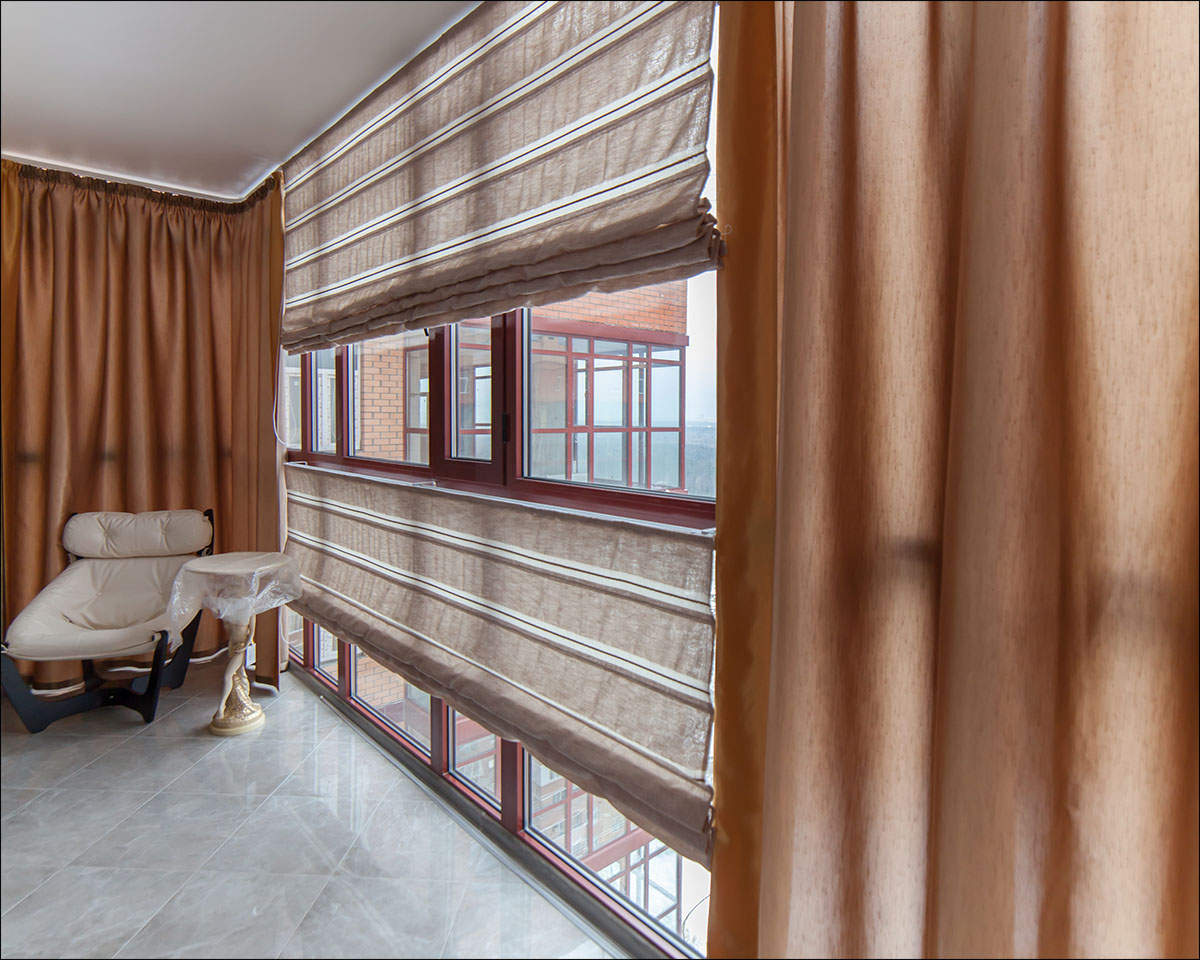
Since each sector usually has a separate canvas, such "curtains" are simple and convenient to use. You can wash the canvases one by one, without opening the entire panoramic window at once. In addition, such models are affordable.
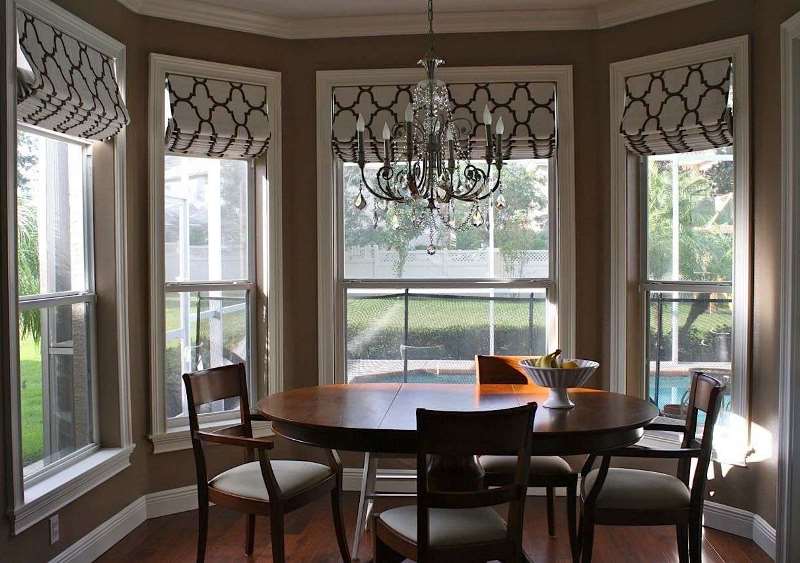
Another practical option is roller blinds. Some call them "distant relatives" of Roman blinds. Very laconic and functional. Such curtains are gaining more and more popularity. Cassette models are especially popular, they merge with the window, and sometimes it seems that the window opening is not decorated in any way. However, if desired, the curtains can be quickly lowered and make staying in the room very comfortable and cozy.
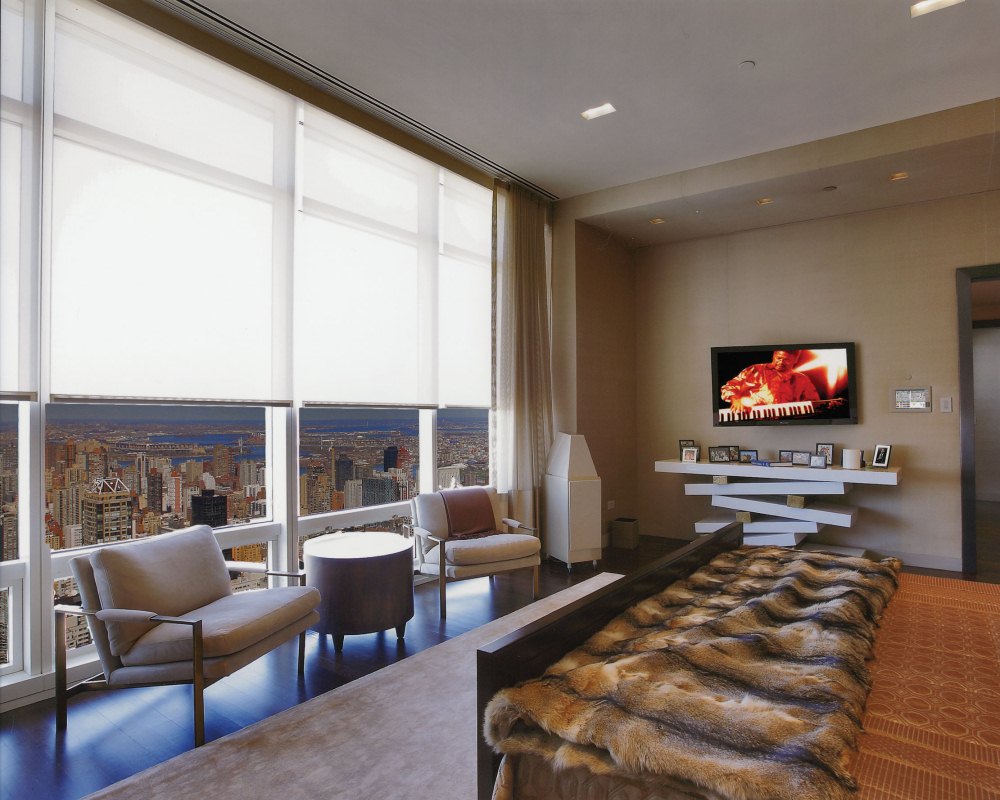
The material from which curtains are made is varied: straw, polyester, natural fabric. Having a special impregnation, curtains do not fade even under direct sunlight and do not collect dust. There are canvases impregnated with a composition that protects against ignition.
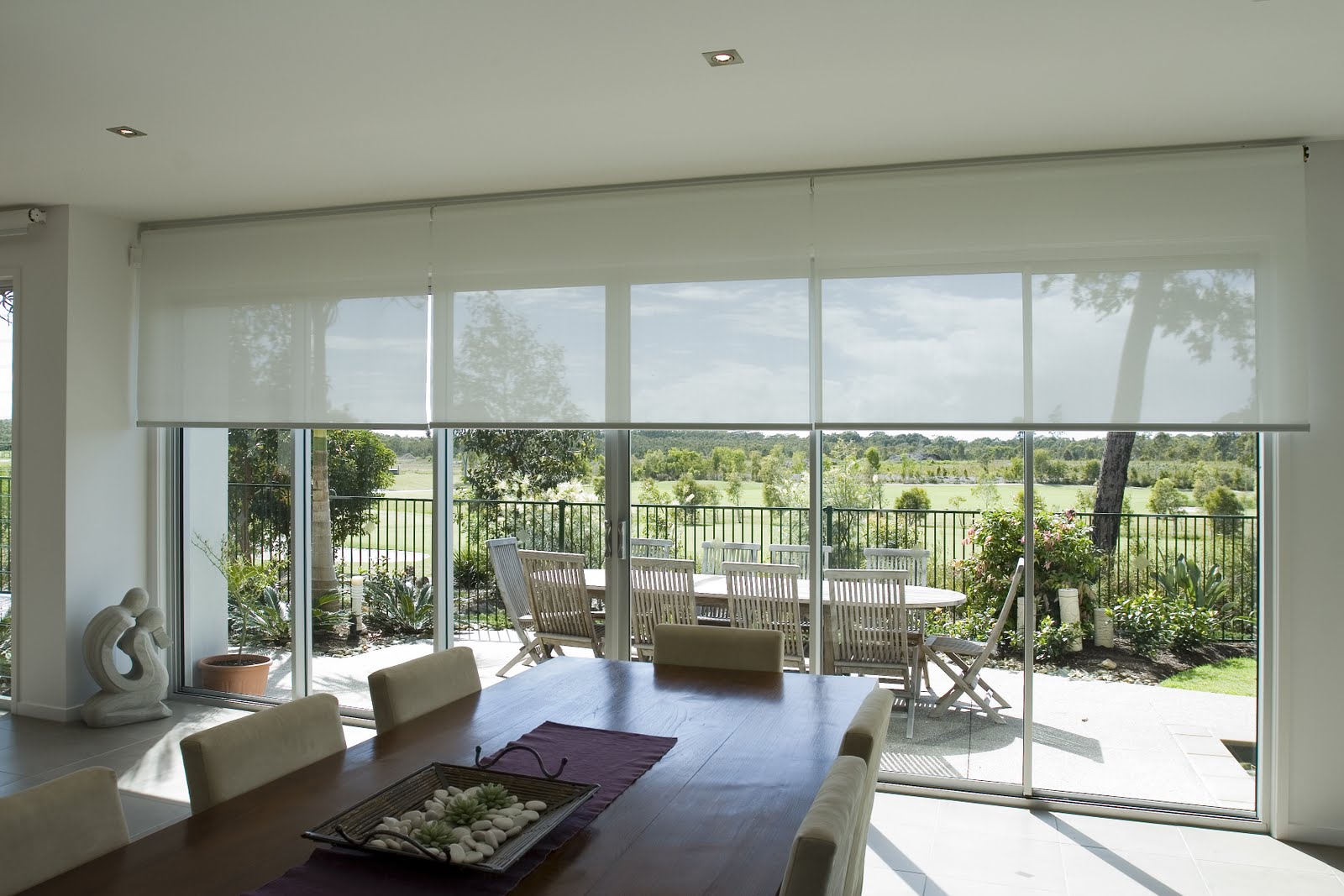
French and Austrian curtains
French curtains are demanding of their surroundings, so they should not be used to decorate windows in typical small apartments. The ideal interior option for such curtains would be the Baroque style. They "feel" best with high window sills or panoramic windows.
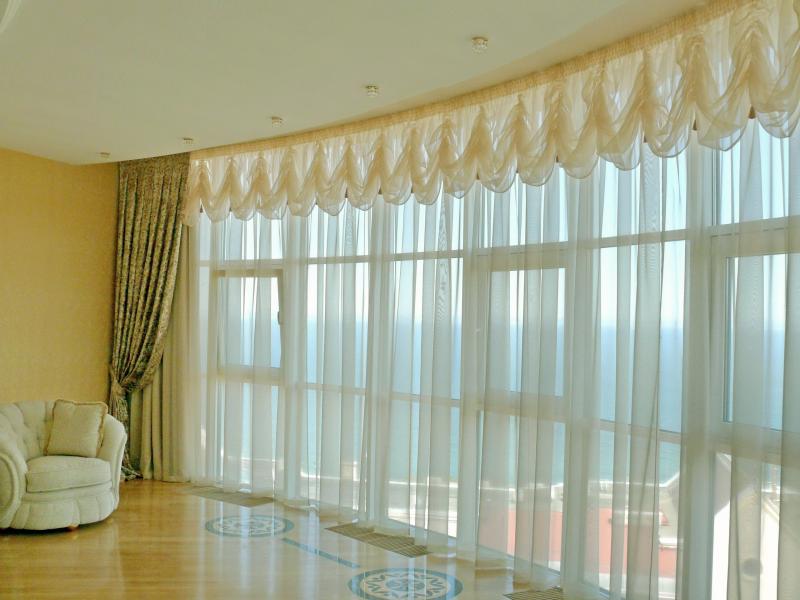
Such curtains are not easy to care for. They need to be washed on a gentle cycle, and in order to straighten and dry them, you will need additional space, because when straightened, such curtains become twice as large. But if style and beauty are above all for you and the above difficulties do not scare you, then French curtains will worthily decorate your panoramic window.
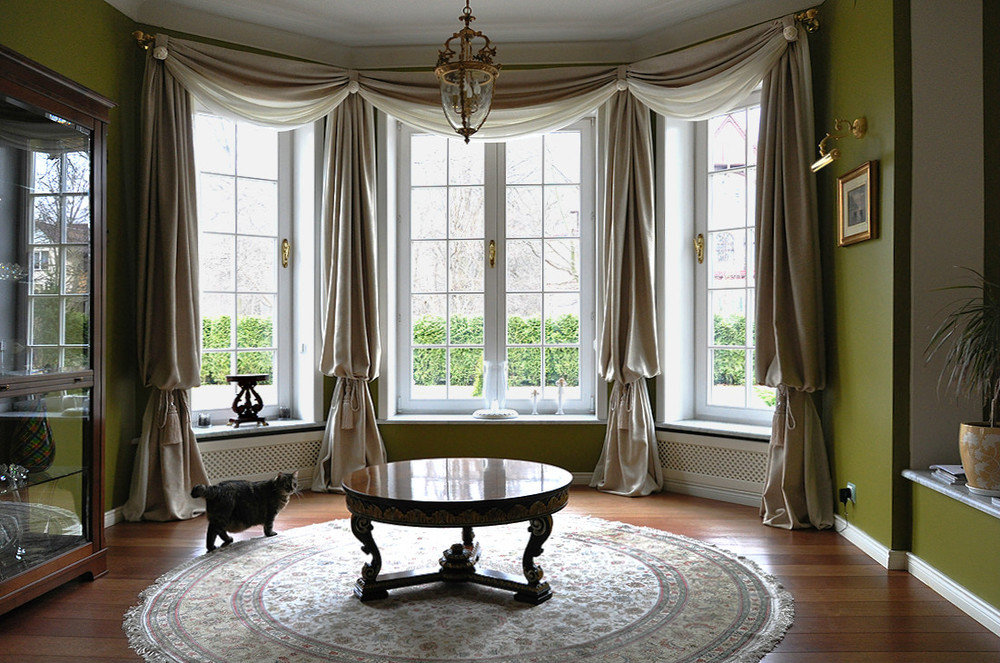
Austrian curtains are not so demanding in care, but the corresponding interior is still a must. Usually, the canvases cover a third of the panoramic window in the upper part, leaving the space at eye level open for viewing.
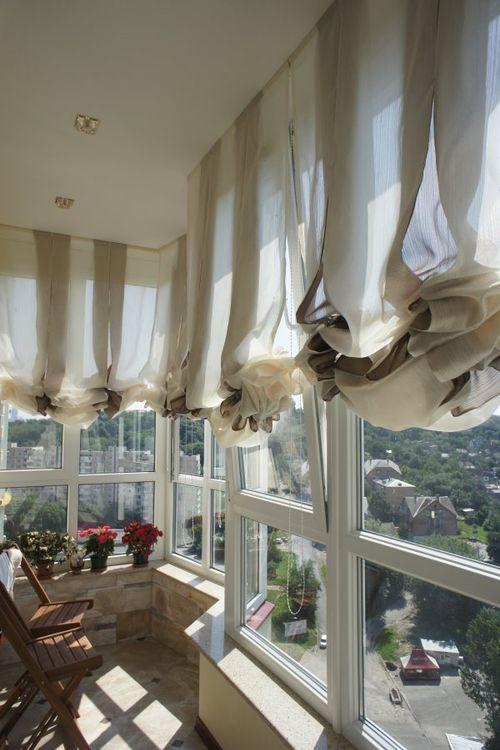
Thread curtains and blinds
The weightless design will not only effectively complement the interior, but also make the room functional. Despite the apparent transparency, if correctly placed, thread curtains will provide protection from prying eyes.
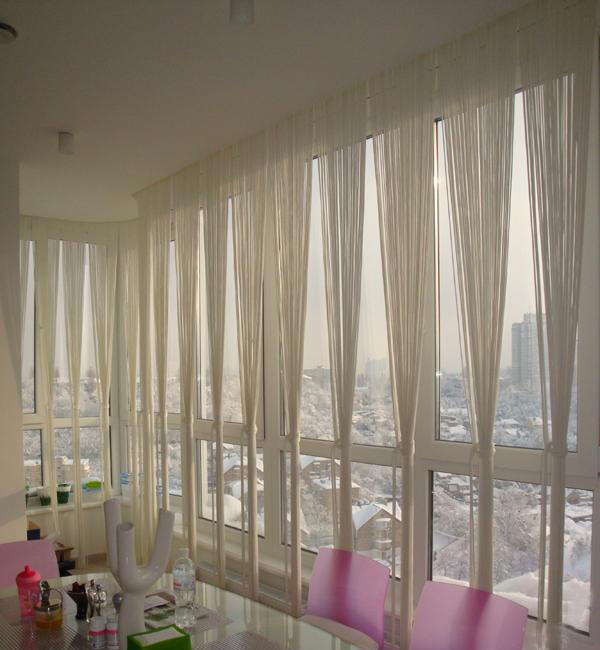
In addition, their indisputable advantage is "mobility", that is, the ability, as they say, with a slight movement of the hand, to change the design, connect and unravel in a position convenient for you. Such curtains will look more interesting if you choose an unusual color scheme or combine several color solutions in one "canvas".
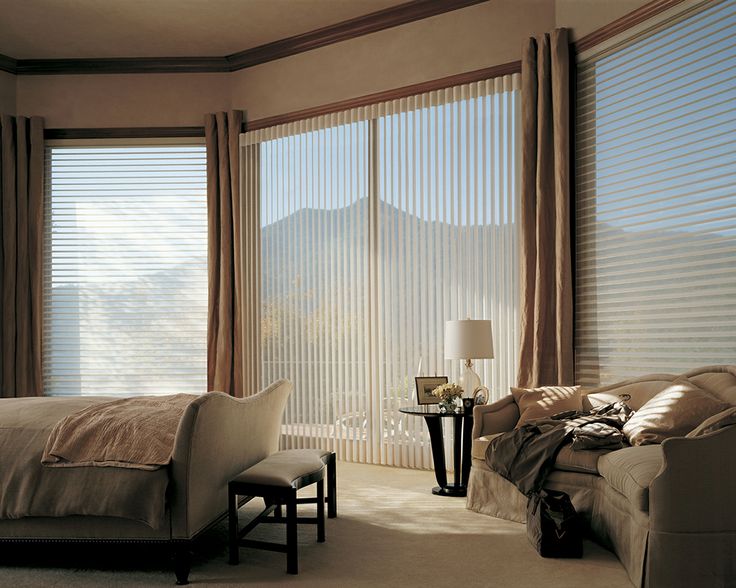
The blinds that many people love are quite appropriate on a French balcony. Carefully choose the addition to the blinds, otherwise the room will feel like an office. Possible option: complement the laconic and functional design with light curtains.
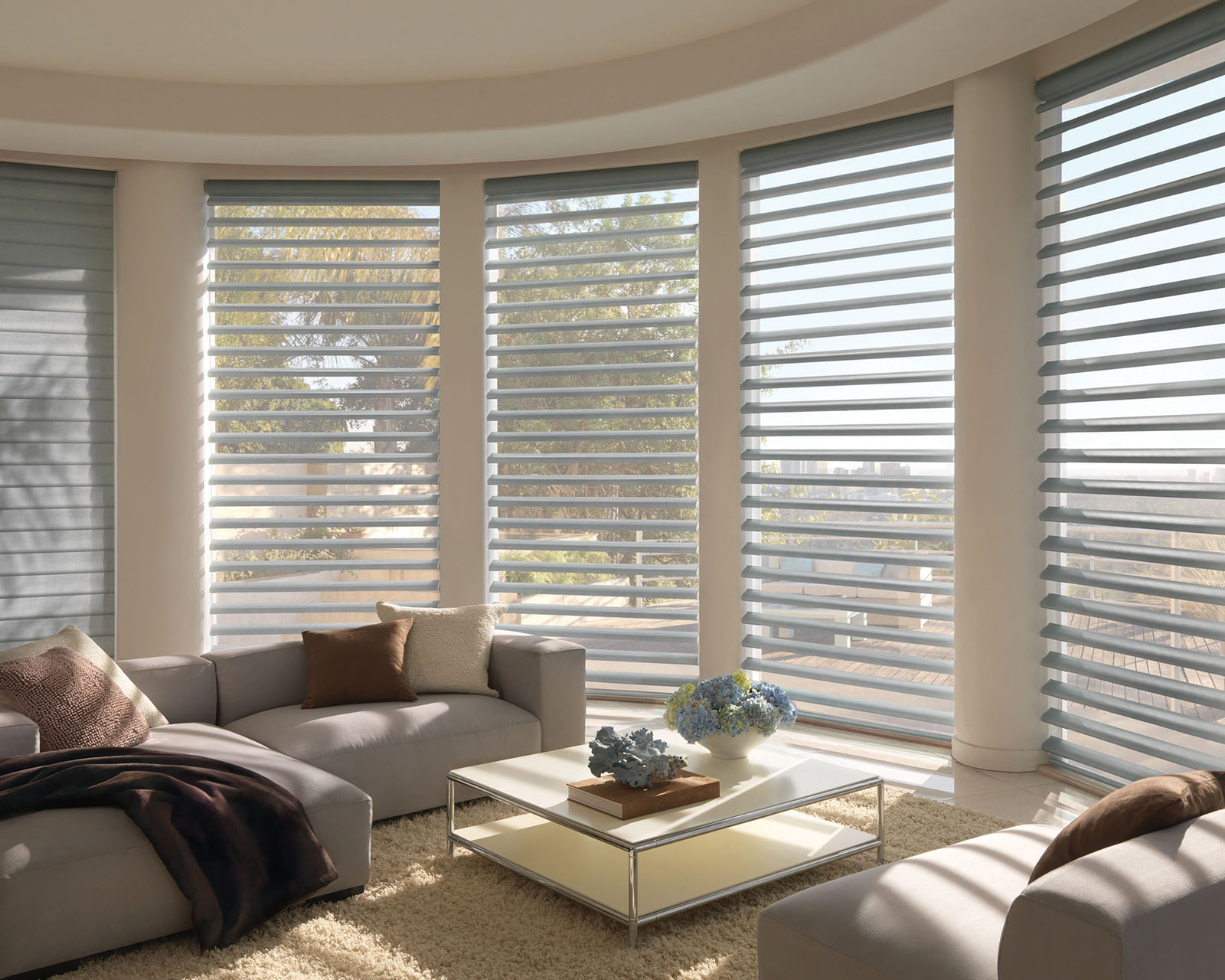
What fabrics to choose
It all depends on personal preferences and the interior design. As a rule, French balconies are decorated with light fabrics, such as cotton and silk. Heavy fabrics made of velvet and textured jacquard will make the room very heavy and will look, at the very least, out of place.
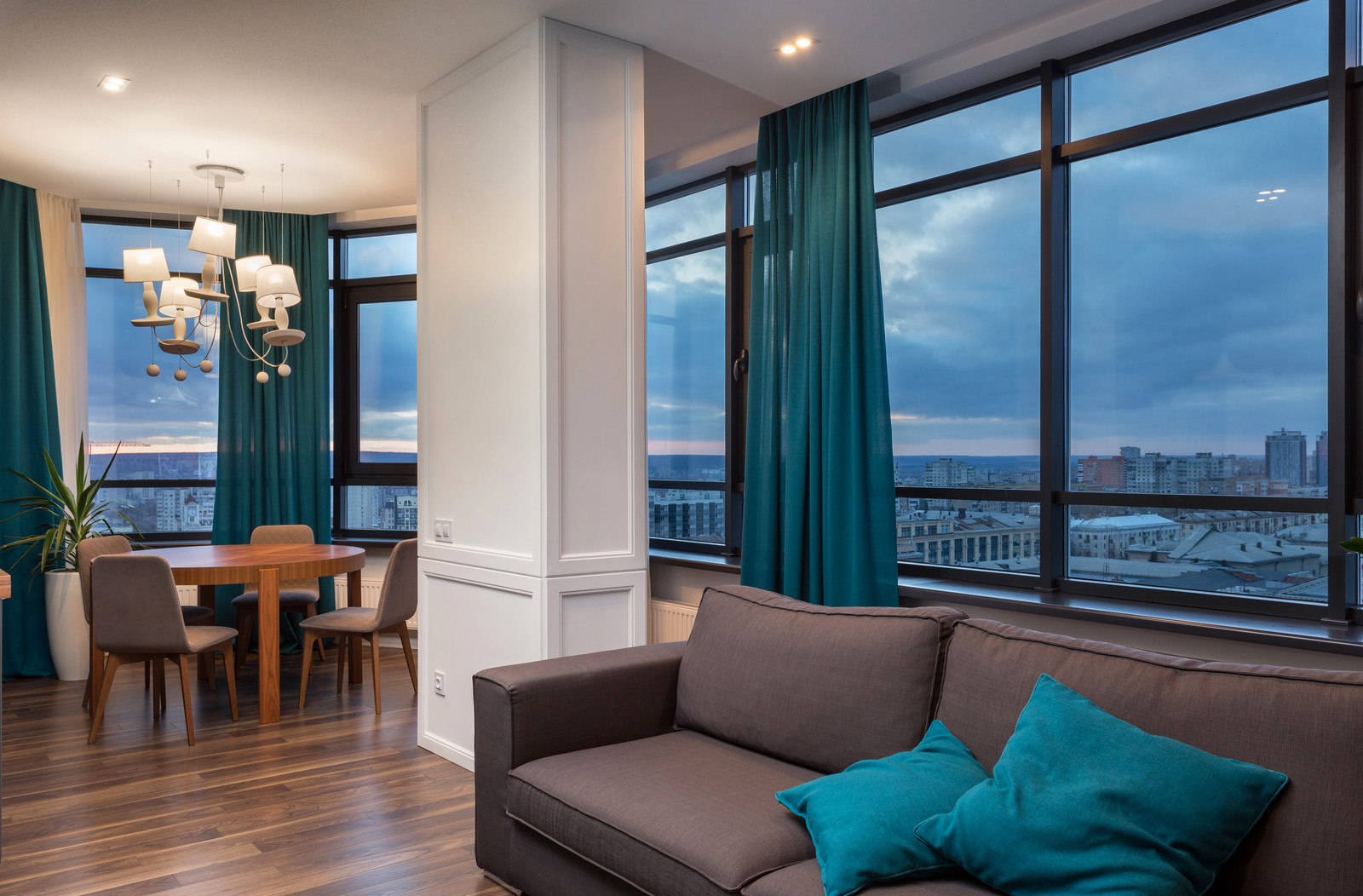
When choosing a color scheme, give preference to light shades. Fans of bright colors and "flashy" patterns should be careful. Accents are acceptable, but they should match the interior elements, style and purpose of the room.
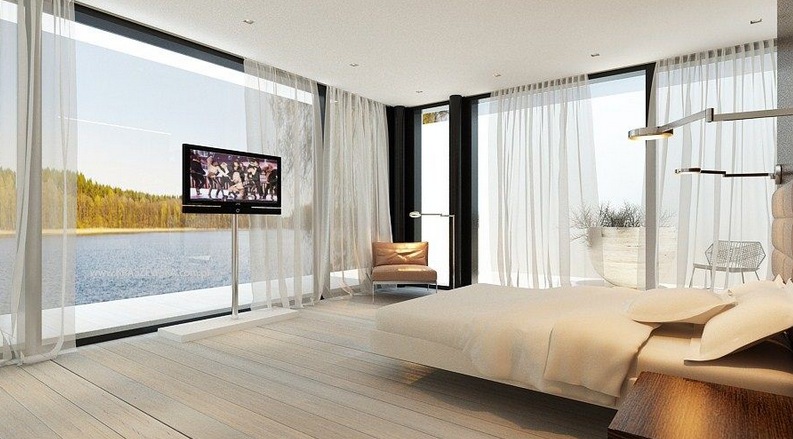
Options for fastening curtains on panoramic windows
Here you can let your imagination run wild. The fastening can be as unconventional as the curtain option. A classic curtain rod attached to the wall will do – a universal option known since the time of grandparents. It will be appropriate if the distance between the ceiling and the upper edge of the window allows for fastening. In this case, you need to carefully select the length of the curtain rod. If it goes across the entire wall, make additional fastenings every 2 – 2.5 meters so that the structure does not sag.
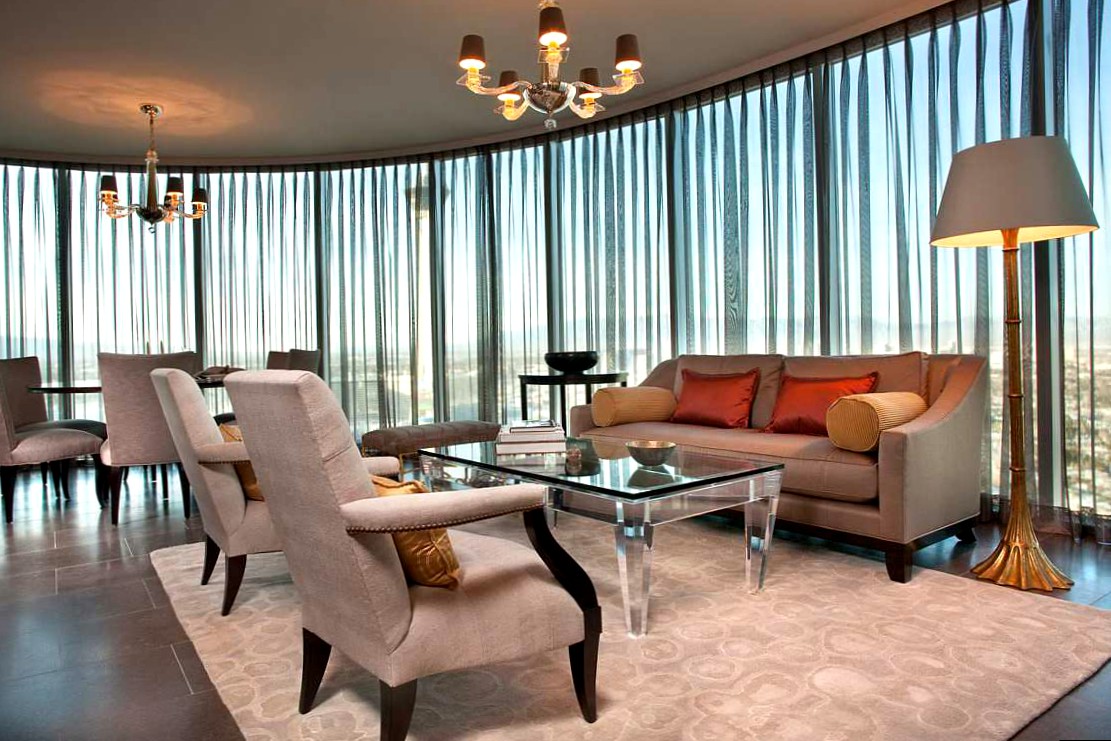
Ceiling cornice is a more modern, but no less interesting solution. Especially in the case when the windows reach the ceiling.
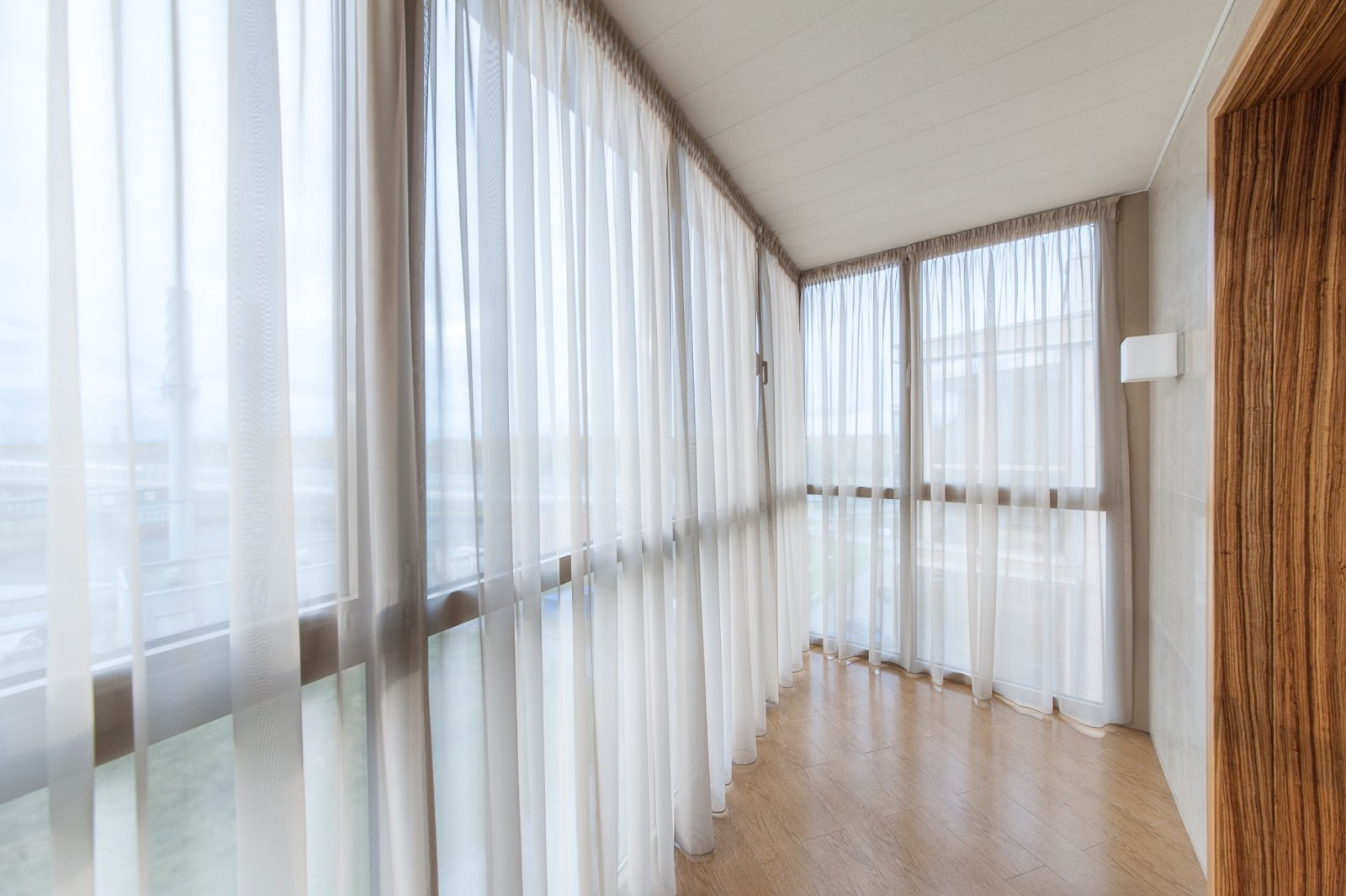
Finally, a hidden cornice will help to creatively decorate any French balcony. This will require additional costs, as special finishing of the ceiling space is required, but the result is guaranteed to please.
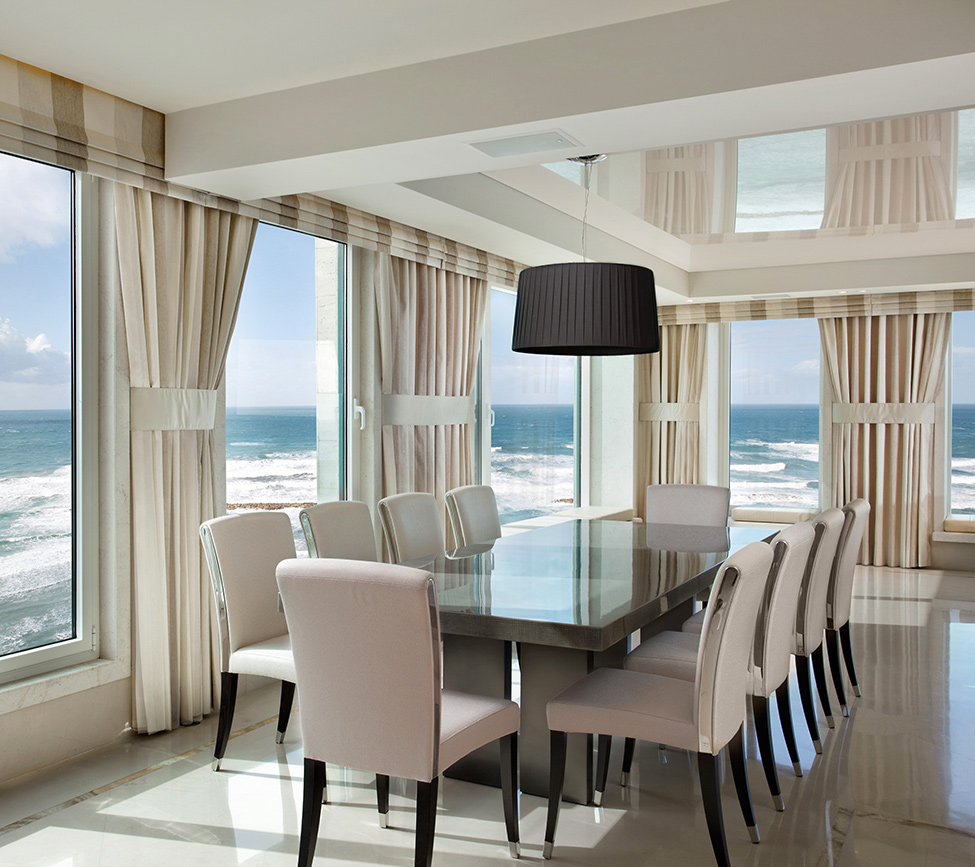
As you can see, there are no windows that cannot be decorated stylishly and functionally. A French balcony will become the highlight of the interior and the object of admiration of friends and family.
